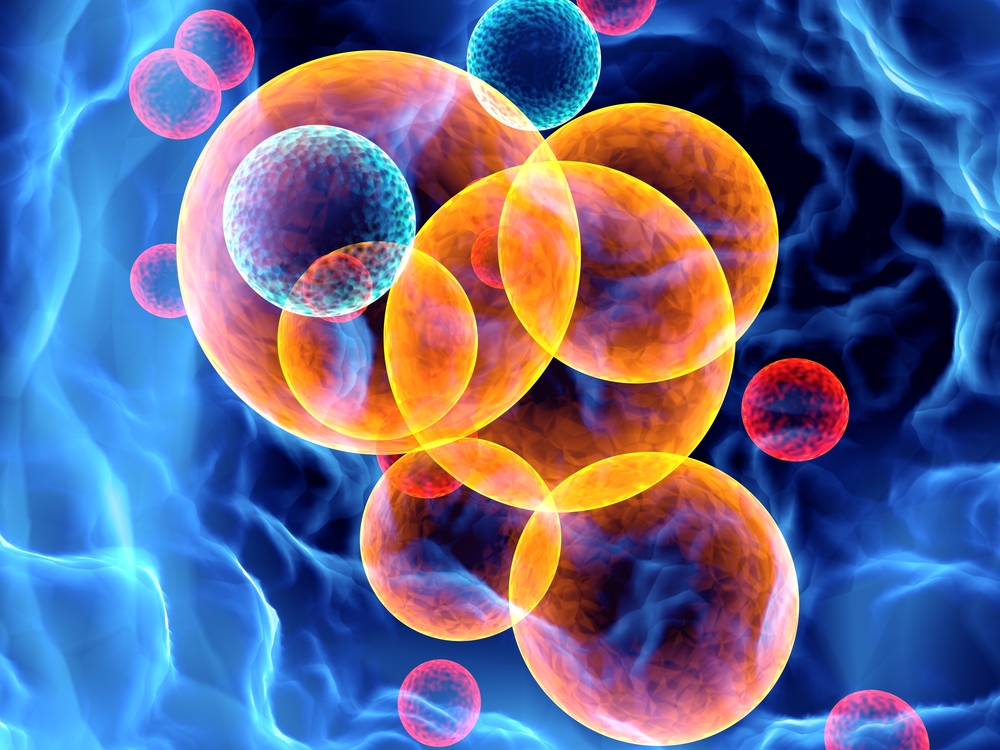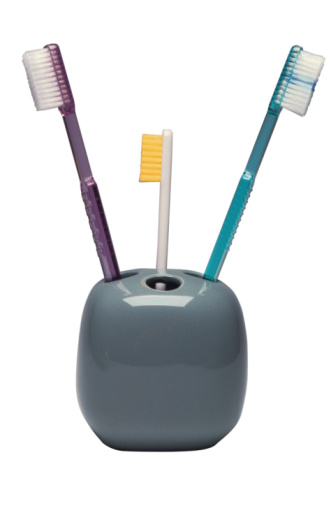
We have all heard and probably repeated the middle of the road saying, “Moderation is key” to ourselves and others when it comes to eating bad, eating well, engaging in risky behavior or even using habits that seem healthy. But can diving into cyclical habits of the far extreme (or just too much for one’s body to handle) always yield a positive reaction, when what we are doing seems at first good for us and healthy?
Let’s take probiotics as an example. I talk a lot in my nutritional seminars and articles about the benefits of probiotics in daily regiments. We all have grown to learn that probiotics are the “good for you” and friendly bacteria in the intestinal tracts that allows for better digestion, relief from gas, bloating, diarrhea and other symptoms of food intolerance. But taking too much (especially for children, senior adults and adults with compromised immune systems) can result in the opposite effect. Side effects of taking too much probiotics include, gas, bloating, stomach cramping, diarrhea, headaches and skin rashes. It is important to follow suggested dietary guidelines when taking any supplements, including probiotics.
Livestrong.com suggests people taking probiotics to first allow the body to get used to fermented foods and drinks. Start with a small amount of cultured vegetables (kimchee, sauerkraut) such as half a cup, or “no more than 2 ounces of probiotic liquid per day. As your body starts to get used to the probiotics, you can add half a serving of fermented vegetables, or an extra 2 ounces of probiotic liquid per day.”
Sixty milligrams a day is the recommended adult dosage for this popular immune system booster and cancer reducer, but decades of research seem to point that over 500 milligrams of vitamin C a day can actually begin damaging DNA. Published in the British Journal Nature (1998), professors from the Mount Sinai School of Medicine in New York warn people that taking giant doses of vitamin C via supplements (vitamin C from fruits and vegetables do not apply) are pro-oxidants to the DNA structure, not antioxidants. Other symptoms of toxicity include: headache, hot flashes, general weakness, insomnia, kidney problems. Stick to organic fruits and vegetables for your vitamin C fix and make sure you read the dosage on bottle labels.

Vitamin D can be toxic once more than 50,000 international units (IU) a day for several months is consumed. Called hypervitaminosis D, this uncommon toxicity occurs via ingesting mega doses of synthetic vitamins, not by diet or sun exposure because our body regulate the amount of vitamin D produced by the sun exposure and fortified foods do not include near the amount for toxicity as people may think and studies show.

Toxic symptoms include: poor appetite, nausea, vomiting, weakness, and frequent urination and kidney problems. Stick to vitamin rich foods such as mushrooms and sardines, and enjoy at least 15 minutes of sunshine on your skin daily when possible (Source: MayoClinic.Com)
Iron helps to transport oxygen from the lungs to every single cell in body. It is also a key player in the metabolic system, neurotransmitter production, and blood health. Too much or too little can be a problem with iron. Too little may result in shortness of breath, memory impairment and mental functioning as well as anemia. Too much results in liver damage, heart problems, pancreatic complications, missed periods, fatigue, weakness, arthritic aches and pains, changes in skin pigment, and the classic constipation. Iron supplements tend to be constipating especially in little and older family members. The recommended daily dosage is 8 mg (men), and 18 mg (women).

Again, stick to fresh foods, preferably vegetables and legumes (artichokes, dark leafy greens, soybeans, lentils) to achieve your iron quota. Synthetic iron supplements and animal meats come with a lot more body mechanic processes that may do more harm in the body than good (Source: WebMd)
It was a huge fad in the 90’s and still going strong into the 2000s: antibacterial everything (soaps, hand lotion, sprays, dish detergents and cleaning products). While marketing and science research claims that using such products are great in killing 99.9 percent of all bad bacteria and germs, again, there are negatives to too much of a good thing. 
According to the CDC, researchers are finding a link between allergies and the use of antibacterial soaps. The body sees these antibacterial solutions as a lesser need for the immune system to be strengthened, which in turn causes allergy problems and weakened immune system. Why exactly? The antibacterial chemicals are essentially antibiotics, and they are very effective in killing both the good and bad bacteria, but do not kill viruses, which are the cause of colds and the flu. When people live in a sterile environment and are not exposed to germs, they are more prone to infections.
Triclosan, the antibacterial ingredient in most commercial hand soaps and cleansers when mixed with chlorinated water (plain tap water), forms chloroform gas, especially dangerous if used as an antibacterial product for bathing. It can also disrupt endocrine functioning (hormones), damage liver functioning, cause eczema, asthma and can accumulate in the fat in the body, where toxins are stored.
Don’t try to be so careful in making everything safe for an emergency surgical ward. Wash your hands with regular soap and water and try not to think about germs too much.
Good oral hygiene is super applauded from a very young age, and many people believe that brushing more often and harder with dental devices equate to better teeth and oral health. Called “tooth abrasion,” over brushing, especially vigorous, hard brushing can lead to receding gums and more sensitive teeth in general. It can also wear down enamel; can create periodontal diseases and cavities on the roots of teeth that bring about the need for fillings, root canals and teeth extractions.

People think that brushing harder with medium to hard bristles will remove plaque better, but plaque is so soft hat you can remove it with a soft wash cloth (if you could reach the areas).
Opt for a soft manual brush or soft wet electric brush and apply light, gentle pressure on the gum line and brush after eating main meals. Floss daily and rinse with hydrogen peroxide and baking soda. I also recommend chewing on soft xylitol gum in between meals (Source: Deltadentalins.com)
Protein, especially and specifically animal products, have been glorified since the boom of the meat farming industry. We have been told as a society to eat more protein to lose weight, to gain muscle mass, to feel more satiated and to have a balanced diet. Why is eating too much protein bad for the body?
Ready for some science to back these claims? “Medical research shows that consuming too much protein, more than 30% of a person’s total daily caloric intake, could actually harm the body, says researchers at Stanford University. By adding more protein but not more calories or exercise to your diet, the body has to oxidize the animal protein (creates cell damaging free radicals), the liver has to process it (a liver taxing process) and the stomach and gastrointestinal tract must move the dead (acidic) and it won't help you build more muscle mass. That's not all. The kidneys develop toxic ketones to rid the uric acid from the processing of animal meat.
According to a study published in 1992 in the Journal of the American Geriatrics Society, eating more protein and increasing total caloric intake while maintaining the same exercise level will build an equal amount of additional fat and muscle mass.
Yes, protein is an important muscle-building block for hair, skin, nails and muscles, but only 15 percent of your daily recommended calories should come from protein, and try to get that from beans, and plant vegetables, such as Swiss chard and mustard greens (highest in plant protein of all plants). Beans and rice are also the perfect protein complex and choice for people who choose the vegan/vegetarian lifestyle.
So in the end, is moderation key? I tend to believe so if the choices are generally healthier for the body and mind than not.
